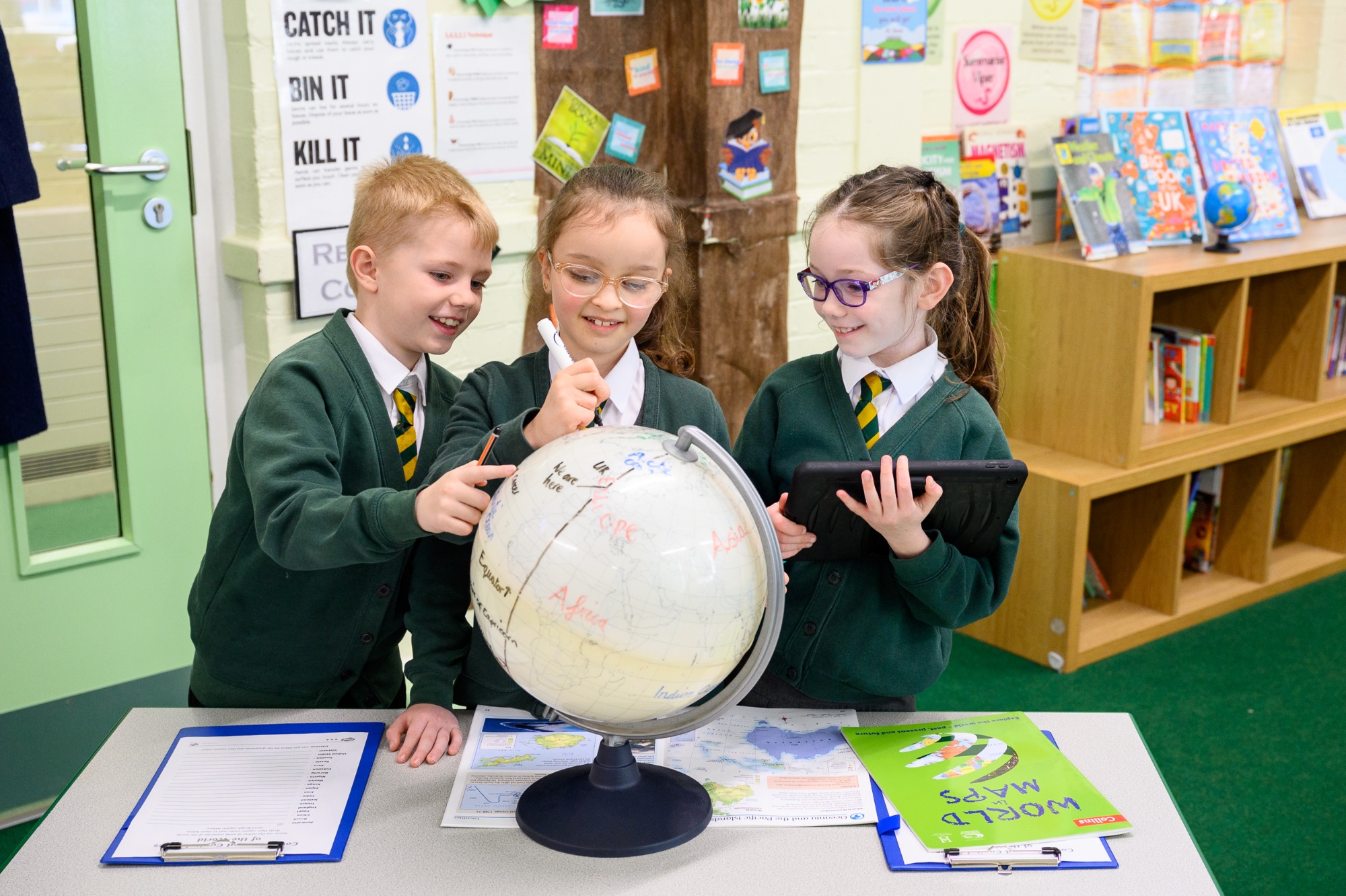Geography
Our Curriculum Intent
Subject Leader: Mr Ellis
BA (QTS) Geography
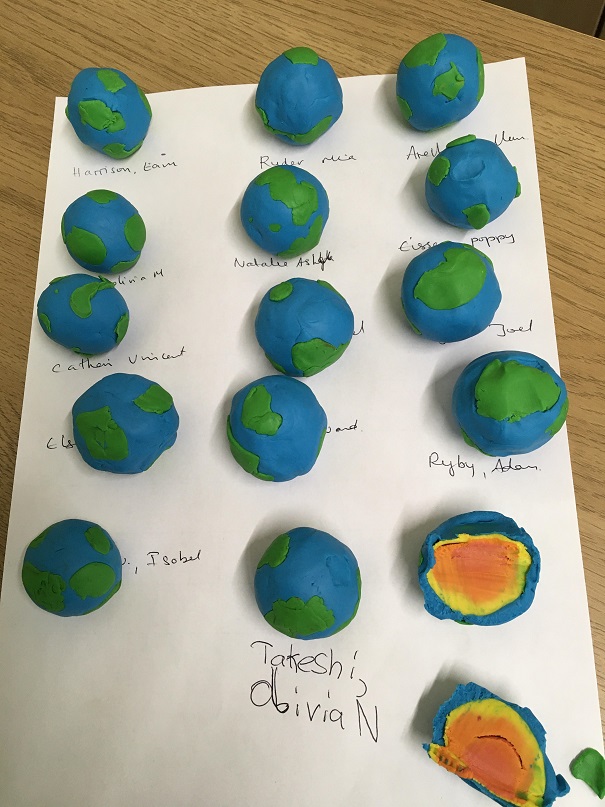 Our Geography curriculum aims to:
Our Geography curriculum aims to:
- Inspire in pupils a curiosity and fascination about the world and its people.
- Develop knowledge of the location of globally significant places including their physical and human characteristics.
- Understand geographical similarities and differences through the study of different regions.
- Describe and understand key aspects of physical and human geography using a wide range of geographical vocabulary.
- Use geographical skills including maps, atlases, globes, digital computer mapping, compasses, grid references etc.
- Use fieldwork to observe, measure, record and present the human and physical features in the local area using a range of methods.
How is our Geography curriculum planned?
Early Years Provision
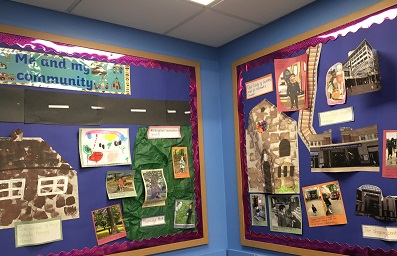 Activities and experiences for pupils will be based on the areas of learning and development, as outlined in the DfE’s ‘Statutory framework for the Early Years Foundation Stage’. All activities will adhere to the objectives set out in this framework. In particular, geography-based activities will be used to develop pupils’ knowledge and understanding of the ‘People Culture and Communities’ and ‘The Natural World.’
Activities and experiences for pupils will be based on the areas of learning and development, as outlined in the DfE’s ‘Statutory framework for the Early Years Foundation Stage’. All activities will adhere to the objectives set out in this framework. In particular, geography-based activities will be used to develop pupils’ knowledge and understanding of the ‘People Culture and Communities’ and ‘The Natural World.’
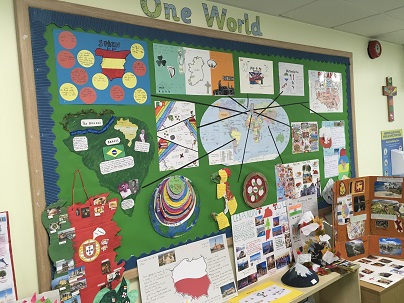
Years 1 to 6 Provision
Geography is taught as a discrete subject, although links are made with other subjects where possible (please refer to our Curriculum Overviews). Planning considers our local context, particularly in the case of fieldwork opportunities. Pupils' learning is enriched through class visits, visitors, fieldwork and workshops, inspiring pupils' curiosity and fascination to learn more about their world.
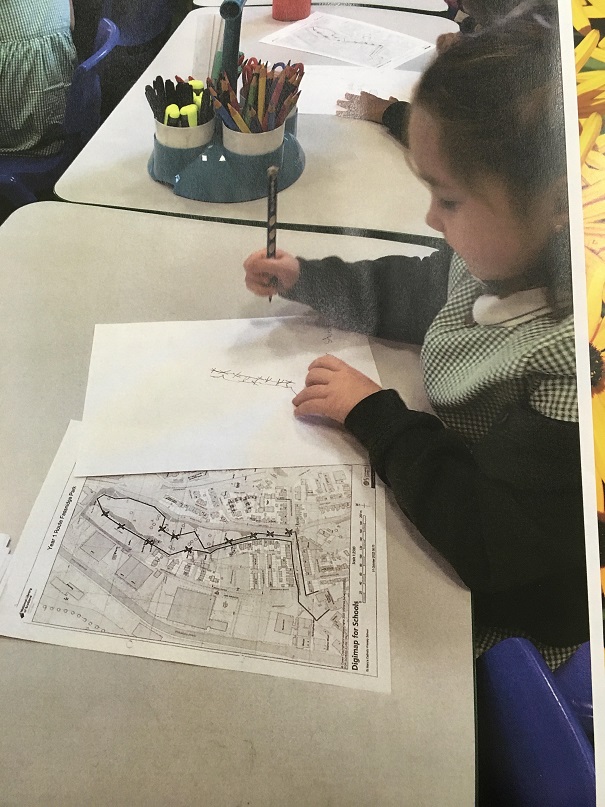
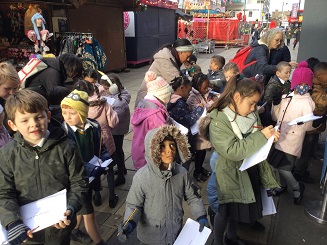 TEACHING APPROACHES
TEACHING APPROACHES
- Pupils are presented with Knowledge Organisers at the start of each topic. They include ‘sticky knowledge’ we want pupils to remember and understand, as well as lists of key unit vocabulary including definitions.
- All planning uses an enquiry approach, including enquiry questions, investigations, research and local studies.
- Teachers plan one visit/visitor, every term, to consolidate and enhance learning.
- Teachers frequently recap the lesson content covered to help pupils retain key knowledge. This includes the use of quizzes.
- All pupils complete summative assessment tasks at the end of a unit of work, linked to their enquiry question. This helps inform ongoing teacher assessments of attainment.
